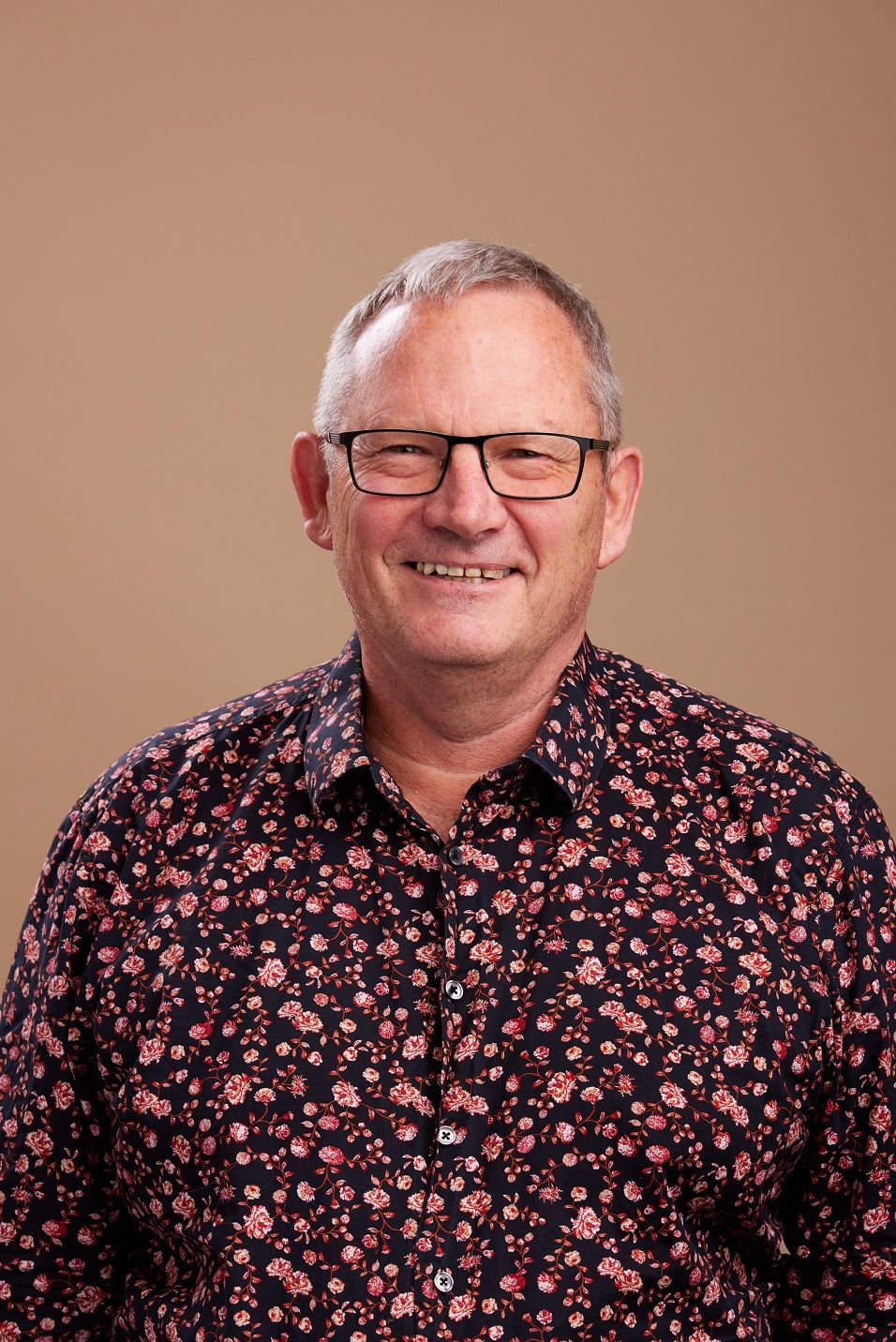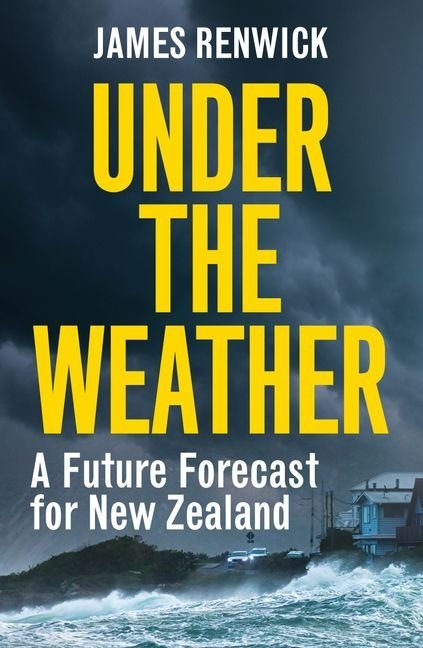
The sigh stretches long, using all the available air. Then with his next lungful of the atmosphere, James Renwick says "Gee", confirming himself again, with that short syllable, as a man of uncommon decency.
Both the sigh and the ’60s vernacular were in response to the question of whether we get it yet. Do we get the climate crisis?
He could have used much stronger language, given all the work he’s put in on the issue.
"I think for the majority of people the answer to that question is ‘no’," Renwick says. "And look, I am not trying to point the finger at anybody and we all have very busy lives ..."
He continues making excuses for the rest of us for a while, before summing up. No, as a species, as a global society, he says, we’re not doing what’s required. We don’t yet get it.
It’s a pretty extraordinary assessment given:
1. We’ve just had New Zealand’s warmest May on record, 2degC above the long-term average.
2. On the day we talked the Government announced a plan to buy up to 700 storm-damaged properties.
3. China is sweltering in record spring temperatures.
4. Canada is on fire.
So, just another day in the climate emergency.
Prof Renwick has been doing his best to intervene in the situation for the good of us all for decades now and has done so again this week with the release of his new book, Under The Weather: A Future Forecast for New Zealand.
Four years in the making, it lays the whole thing out — in probably the most accessibly Kiwi book on the climate crisis penned yet — in order that now, finally, we might get it. And act.
"Climate change is the issue of our time, you know?" he says. "Humanity, even if we don’t realise it, we’re in a fight for our lives, and I would like to think all citizens at least have the information in front of them as to what’s going on and why we need to take action."
So, he wrote the book as a further effort, beyond the countless talks he does for community groups, beyond his work on New Zealand’s Climate Change Commission, beyond his involvements with the IPCC and continuing scientific research.
It’s all there in the book, the sobering statistics and our part in them, included without admonition, wrapping in Prof Renwick’s own journey into climate science from his small town Canterbury beginnings.
Some in the scientific community have now moved beyond the patience of Renwick’s outreach work, gluing themselves to the head offices of fossil fuel companies. They have their own Extinction Rebellion spin-off, Scientist Rebellion — putting it all on the line in a final effort to communicate the urgency of the issue.
Here in Aotearoa, protesters have recently been gluing themselves to motorways in Wellington.
Prof Renwick says he is not planning to join them.
"And yet, I admire the guts of the people who do this. They know they are putting themselves in danger and of course they will be ridiculed and whatever ... but, boy, do they ever get the topic in front of the public mind.
"They are part of the conversation, I think we need all of the voices we can get, all the ideas we can get. And, yep, if some of the protest movement involves that kind of disruptive behaviour, well, so be it. You know?
"Some of the big changes socially in the last century and more have come about because of exactly that kind of behaviour. Whether this is votes for women or civil rights in the US, or whatever, you do actually have to upset people to get change, unfortunately."
He says an image that has stayed with him from the climate crisis was a flood that rampaged through a German town, piling cars on top of each other in the street. Compared to that, any delay commuters might face here is trivial.
And actually, he says, those protesters give him comfort that some at least do get it.

"One thing that I have got into thinking about lately, and I’m not sure I mention it in the book, is the so-called degrowth movement."
It involves breaking with the view of economic growth as unassailable.
"We treat it as if we have to have growth. And we do, the way economies are set up at present, it is required. But it is not the only way to run an economy. You can redistribute the wealth."
Renwick’s aware he’s wading into political waters with these ideas, and demurs that he’s not advocating any particular political approach.
"But I do recognise that we can operate as societies, as economies quite differently to the way that we have in the last 100 or so years."
These are conversations that need to be had — about what we value and what we want the country to look like in 2050.
The alternative is calamity, in part because the climate targets we’re trying to hit, ideally no more than 1.5degC of warming, certainly no more than 2degC, are not scientific. They are just the numbers the international community has settled on as some sort of acceptable trade-off between impacts of various kinds.
"Ideally we wouldn’t go to 1.5 at all," the professor says.
"1.2 degrees is bad news, 1.3 is going to be worse, 1.4 worse again. Where do you stop? We have to stop as soon as we can because the warmer it gets the harder it gets to cope and the more damage is going to be done."
It is a race against time, he says. Beyond 2degC the tipping points start tumbling, after 3degC extreme will be ... extreme.
"Extreme events would just become overwhelming, we wouldn’t be able to adapt to the extremes at that sort of level of warming."
Given all that, Prof Renwick has some suggestions.
"Talk to your MP and your mayor about ‘why aren’t we changing the way we operate?’. ‘Why don’t we have better public transport to get me to where I need to go so I don’t have to drive my car?’.
At the very least, it will reveal whether they get it.
Renwick’s wish list
- Big boosts in renewably powered public transport
- Improved facilities and incentives for active transport
- Comprehensive and affordable access to car-sharing schemes
- Incentives for purchasing electric vehicles and a national charging-station network
- Big investments in solar and wind power
- Better home insulation
- More effiicient home appliances
- Coal boilers replaced with zero-carbon alternatives
- Climate-conscious development of urban environments
- Climate-conscious use of land (grain growing on the South Island’s east coast instead of dairy)











